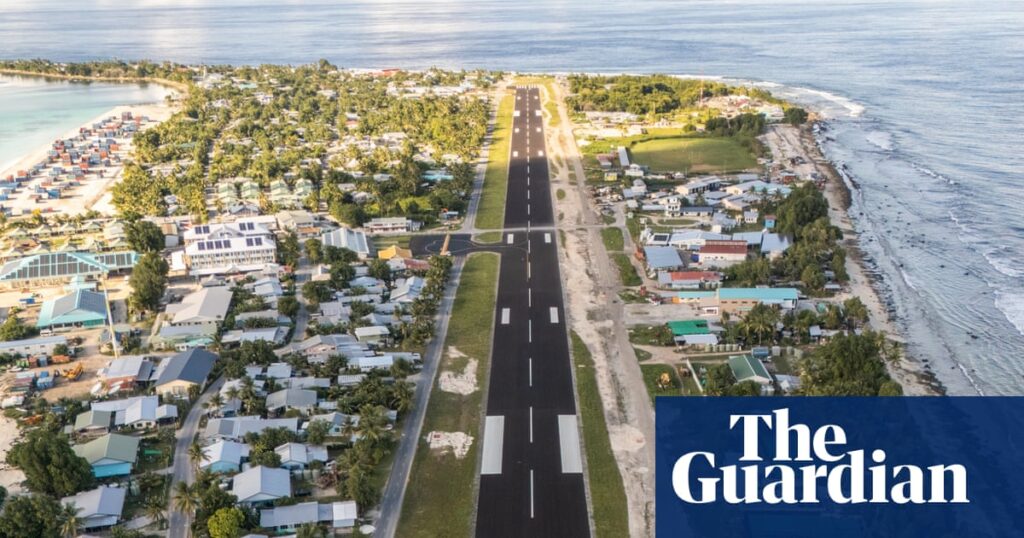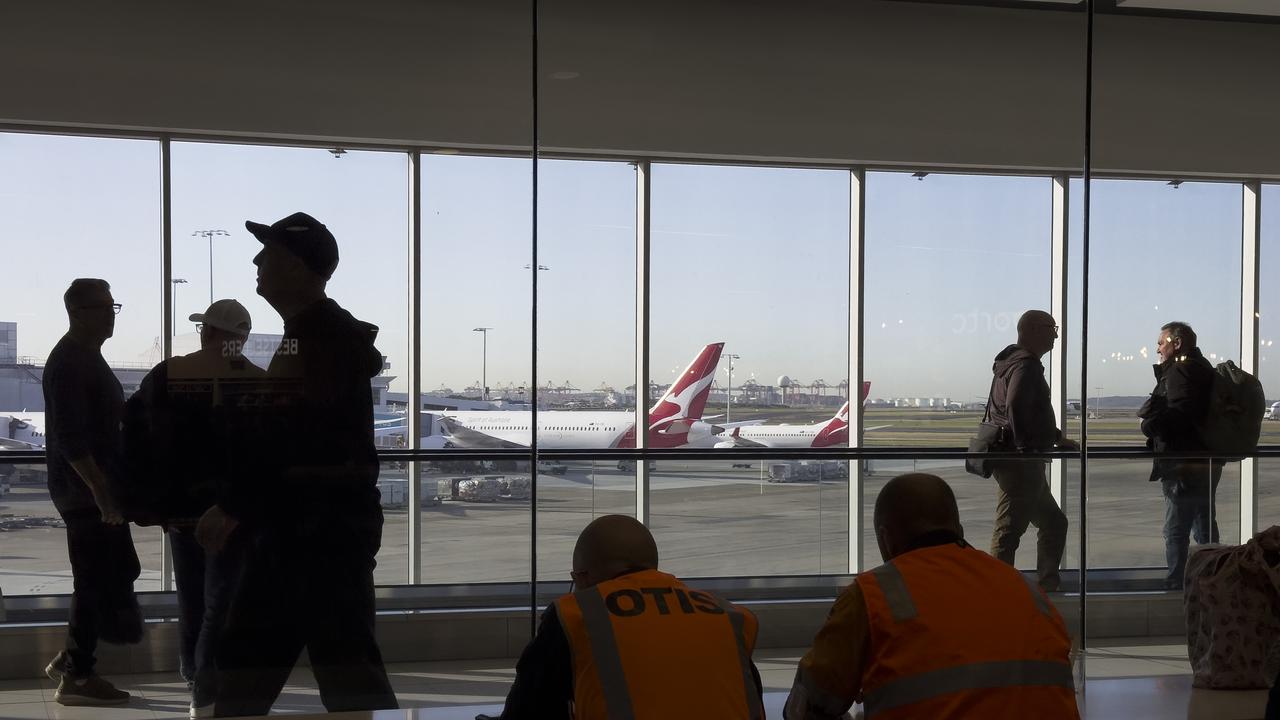
Climate and migration experts are urging immediate action to establish legal pathways for Pacific Islanders displaced by the climate crisis. A new report by Amnesty International, released on Thursday, underscores the inadequacies of current immigration systems in addressing the needs of those facing existential threats from rising sea levels.
The report highlights the urgent need for New Zealand, which hosts the world’s largest Pacific diaspora, to reform its immigration policies. Amnesty International advocates for a “rights-based approach to climate-related displacement,” including the introduction of a dedicated humanitarian visa.
Rising Seas and Existential Threats
Tuvalu and Kiribati, where most land lies just 2 to 3 meters above sea level, are at the forefront of this crisis. These nations face severe threats from rising seas, coastal erosion, and extreme weather, which already compromise access to clean water, food, and safe housing. According to the World Meteorological Organization (WMO), at least 50,000 Pacific Islanders each year are at risk of displacement due to climate impacts.
More than half of the Pacific Islands’ population live within 500 meters of the coast, where sea levels are rising faster than the global average.
Some migration schemes to New Zealand and Australia exist, providing pathways for those affected by climate change. However, experts argue these pathways are insufficient and exclude certain groups.
Calls for Humanitarian Visas
Tupai Fotu Jackson, a Pacific climate and labor mobility expert from New Zealand, emphasized the need for a humanitarian visa pathway. “Pacific people are already on the move not as victims, but as skilled workers seeking stability and opportunity,” Jackson stated. He advocates for a visa that acknowledges climate displacement as a reality requiring planning, dignity, and partnership.
Dr. Satyendra Prasad, a senior fellow in climate and sustainability at the Carnegie Endowment for International Peace, echoed these sentiments. He suggested New Zealand should establish a “pathway to full residency for Pacific Islanders” involved in labor migration schemes. Prasad hopes the report will “ignite energy and action within New Zealand” to create such a visa category.
Historical Context and Current Challenges
The report emphasizes that any migration pathway should complement urgent climate action and support for in-place adaptation. Between 2008 and 2017, approximately 320,000 people in the Pacific were displaced by disasters, according to the International Organisation for Migration. NASA projects sea levels could rise by up to 15 cm over the next 30 years.
“Experiencing and seeing what is happening in the islands, if there was some sort of ‘refugee visas’ for us, I would definitely go for that visa,” said Tealofi, a 47-year-old Tuvaluan man.
Despite these pressing needs, New Zealand’s immigration minister, Erica Stanford, has not yet commented on the potential establishment of a humanitarian visa, citing that she has not seen Amnesty’s report.
Future Prospects and International Efforts
Nearly 9% of New Zealand’s population identifies with a Pacific background, with the majority being Samoan, followed by Tongan and Cook Islands Māori. In 2017, then-New Zealand Prime Minister Jacinda Ardern proposed a humanitarian visa for 100 Pacific Islanders annually displaced by climate breakdown. However, this plan never materialized, leaving advocates frustrated.
New Zealand’s Pacific Access Category, which employs a lottery system and strict health requirements, excludes older people and those with disabilities, among others most vulnerable to climate impacts. This has resulted in families being forced to leave behind members with disabilities.
Tuvalu’s recent agreement with Australia, the Falepili Union treaty, presents a rare example of a legally binding framework addressing statehood and mobility in the context of rising seas. Tuvalu’s Prime Minister, Feleti Teo, noted that “Australia is now the first country to legally recognize the continuity of our statehood despite climate change and sea level rise.”
“The ultimate objective is to develop a treaty under international law that enshrines these principles,” Teo said.
The call for humanitarian visas for Pacific Islanders displaced by climate change is a critical step in addressing the immediate and long-term impacts of the climate crisis. As the international community grapples with these challenges, the need for innovative and compassionate solutions becomes increasingly urgent.





